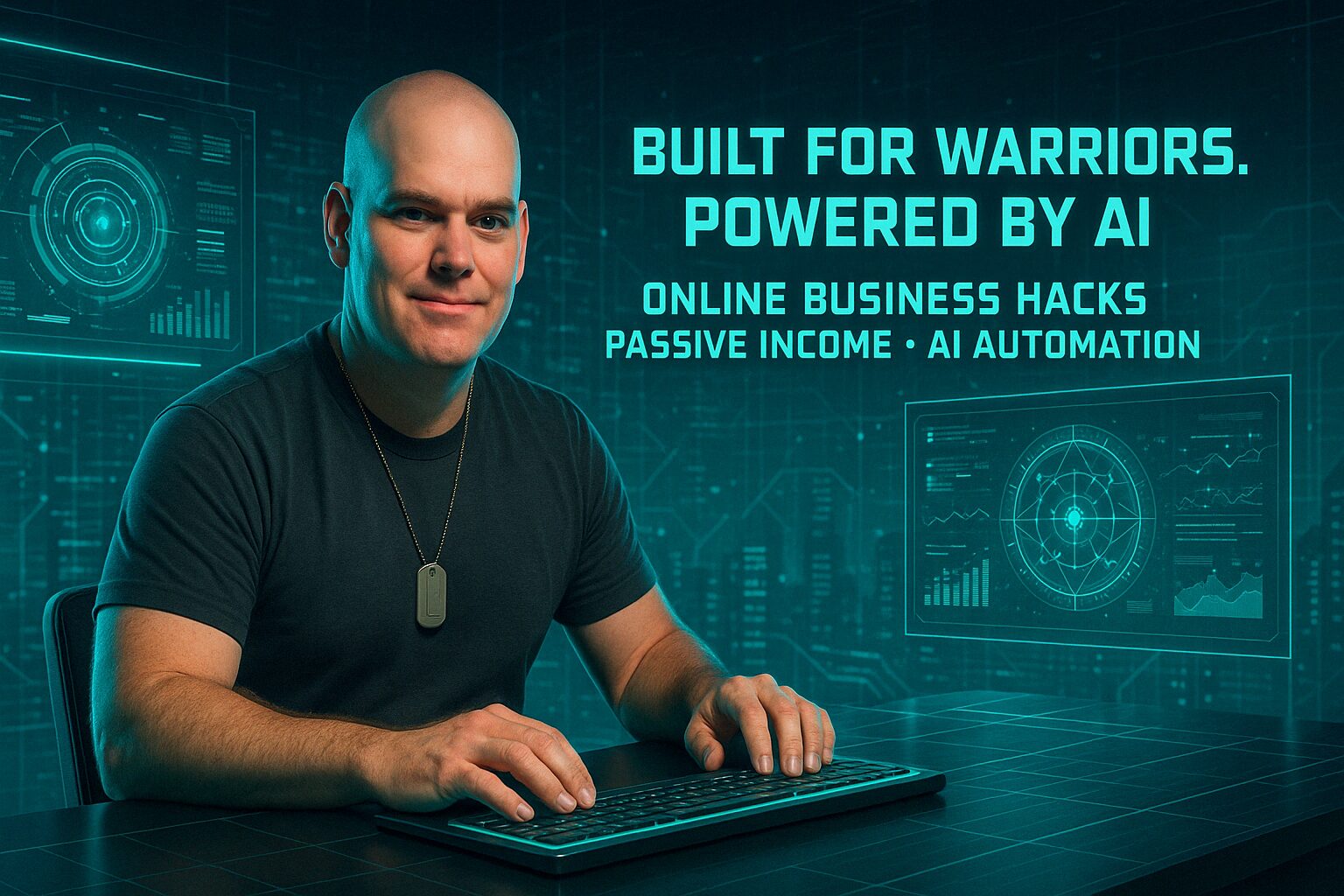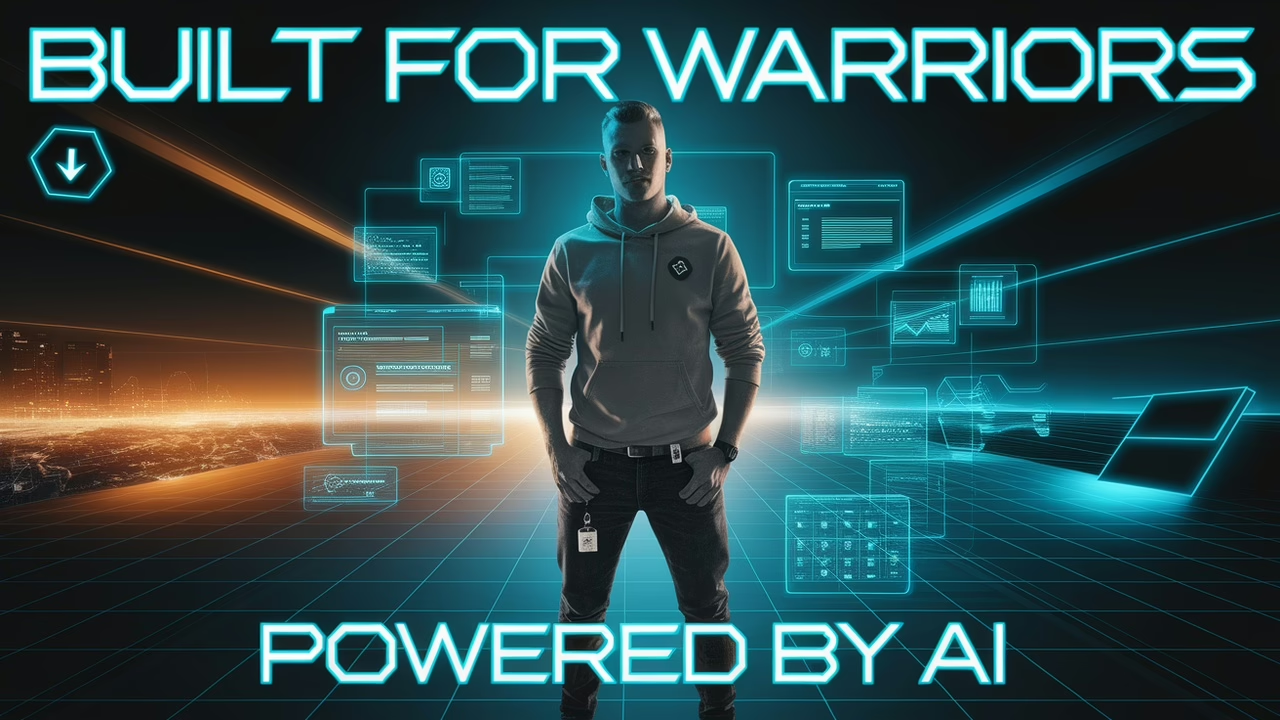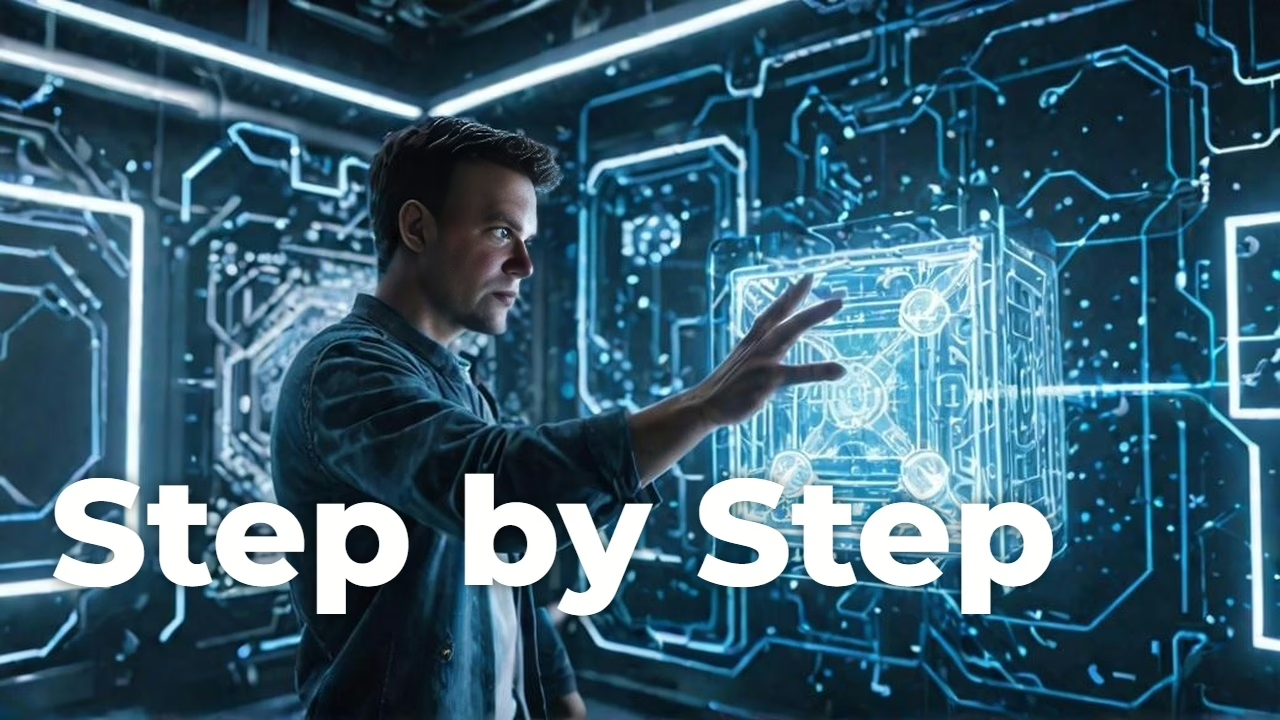Picture this: I am looking at my laptop, surrounded by half-finished projects, and dreaming of a magical shortcut that could transform my extensive skills into a paycheck. Relatable? If you’ve ever wondered how to finally get paid for the things you’re awesome at—even if it seems everyone else is ten steps ahead—stick around. Warning: I experienced a tumultuous journey of trial, error, and a sprinkling of AI-powered magic before finding success.
Confession Time: Perfection, Paralysis, and the Jungle of Freelance Dreams
Turning your skills into money sounds like a dream, right? I used to think that, too.
Everyone possesses a skill or passion, and earning a living from it appears to be the ultimate objective. But let’s cut through the inspirational Instagram quotes and talk about reality for a second.
The Messy Truth Behind the Monetization Dream
Trying to monetize random talents is way harder than those motivational memes suggest. Trust me on this one.
The modern job market isn’t just competitive—it’s absolute chaos. It’s a digital jungle where everyone’s fighting for the same opportunities.
And when I say everyone, I mean everyone:
-
That seasoned professional with 20 years of experience
-
The college grad willing to work for peanuts
-
Even that high schooler with inexplicable TikTok fame who’s somehow making six figures
Meanwhile, there I was, thinking my skills would speak for themselves.
“I remember spending hours perfecting my craft, writing, designing, even dabbling in code, only to realize I had no idea how to turn that into a paycheck.”
Sound familiar?
The Perfection Trap
I spent years polishing my skills with no clients in sight. I’d convince myself that I just needed to be a little better, learn one more technique, or take one more course.
But here’s what I didn’t realize: mastering a craft doesn’t guarantee recognition or compensation.
The world doesn’t care how many hours you’ve practiced in your bedroom. It cares about solutions to problems, and whether you can communicate those solutions effectively.
I was stuck in this weird paradox:
-
Too paralyzed by perfectionism to put myself out there
-
Too afraid of rejection to actually find clients
-
Too busy “improving” to figure out the business side
The Global Competition Reality Check
Just being good at something isn’t enough anymore—not when someone halfway across the world might be just as talented but charging half your rates.
It’s harsh, but it’s true.
The internet democratized opportunity, which is wonderful! But it also created this hyper-competitive environment where standing out feels nearly impossible.
So there I was, stuck. Skilled but invisible. I am capable, but I am not paid.
And all those “just follow your passion and the money will follow” quotes started to feel like cruel jokes rather than inspiration.
But don’t worry—this isn’t where the story ends. The next section is just where it gets interesting…
From Overwhelmed to Game-Changer: How AI Became My (Imperfect) Team Member
Let’s talk about AI. I know, I know—your brain probably just conjured up images of robot overlords and sci-fi dystopias. Mine did too, at first.
But here’s the thing: AI isn’t just some far-off fantasy. It’s here now, and it’s actually pretty darn useful for those of us trying to figure out where our creative skills fit in this chaotic marketplace.
When My Friend Left Me in the Dust (Thanks to AI)
My friend Jess is a graphic designer. Despite her exceptional talent, she was experiencing significant struggles. Sound familiar?
She was working diligently, yet locating clients proved to be a challenging task. And when did she find them? The clients wanted premium work but were only willing to pay a small amount.
Then something changed.
“She started using an AI-powered platform that helped her build a killer portfolio, price her work right, and here’s the kicker, matched her with clients who actually valued her skills.”
Fast forward a few months. Jess went from freelance desperation to running a small agency. No joke. The AI tools helped her identify industry trends, optimize her pricing (she was charging way too little), and connect with clients who weren’t just looking for the cheapest option.
My Turn: When I Finally Got Over My AI Trust Issues
Watching Jess’s transformation made me curious. I couldn’t help but feel a hint of envy.
So I tried it myself. I uploaded some of my writing samples to an AI platform that analyzed my work. It felt weirdly intimate—like having someone read my diary, except it was a robot. I can’t decide which is more uncomfortable.
The AI gave me feedback on
-
My writing style (apparently I overuse dashes—oops, doing it again)
-
Market rates for my specific niche (I was undercharging by about 30%)
-
Potential clients who needed exactly my type of content
It was… unsettling. But also relieving? Getting data-backed guidance was akin to receiving a map after becoming lost in the woods.
The Weird Reality of Having a Robot “Teammate”
There’s something strange about leaning on algorithms to help your creative process. It felt like cheating at first.
But then my pitches started landing. Clients started responding. My rates went up.
The AI wasn’t replacing me—it was handling the parts of freelancing I sucked at, like market research and finding the right clients. It was analyzing trends and showing me where my skills were actually needed, instead of me blindly guessing.
Is it perfect? Nope. Occasionally its suggestions are way off base. But even an imperfect teammate is better than feeling completely overwhelmed and alone in the freelance wilderness.
And honestly? That’s been the game-changer for me.

Wild Cards & What-Ifs: The Domino Effect of Letting AI Do the Boring Stuff
Ever wonder what happens when you’re not constantly drowning in invoice chasing and client hunting? The experience is truly enchanting.
I used to spend 70% of my time on the business side of my crafting business. Emails. Quotes. Bookkeeping. Yawn. By the time I got to the actual creating part, my brain was mush.
The Sweet Freedom of Mental Space
Once I offloaded the admin stuff to AI, something weird happened. I had… ideas again? Did I have the energy to pursue them? It was like someone had removed a mental block I didn’t even know was there.
Once the business side isn’t draining every ounce of creative energy, you actually have space to grow. For real. This isn’t merely “someday” growth. This growth is tangible, occurring in the present moment.
What would you do with an extra 10 hours a week? I started designing new product lines. Some people might hire help. Others might finally initiate that podcast they’ve been considering starting for years.
The Snowball Effect
Here’s where it gets intriguing. What starts as “AI helps me send better emails” can turn into something much bigger.
AI can create momentum—what if your side gig snowballs into a full-fledged, sustainable income? It’s not just fantasy talk.
“She scaled up, hired other creatives, and now she runs a thriving agency. This success is all due to her decision to let AI handle the more demanding tasks on the business side.
That’s my friend Jenna. She started with AI writing her client proposals. Then AI managed her project schedules. Then AI handled her social media. Now she’s running a six-figure business with three employees.
Meanwhile, I’m still waiting for AI to help me stop turning into a stammering mess when relatives ask about my pricing.
Quirky What-Ifs That Might Change Everything
-
What if AI could analyze market rates so thoroughly that I’d never undercharge again?
-
What if AI could identify my best-performing products before I waste time on duds?
-
If AI were to negotiate my rates, might I finally avoid undervaluing myself during family discussions? (A guy can dream.)
The playing field feels different now. Before, scaling meant burnout. Today? AI handles the grunt work while you steer the ship.
I’m not claiming AI will transform you into a business mogul overnight. But it might just give you the bandwidth to imagine becoming one. And occasionally, that sliver of possibility is all we need.
It’s like having a business partner who never sleeps, never complains, and doesn’t steal the last cookie from the break room. (Though I’m still teaching mine to make coffee.)
The domino effect is real. One small AI task can lead to freed-up creativity, which leads to better work, which leads to more clients, which leads to… well, wherever you want to take it.
It’s your move, creative entrepreneur.
Not Just for Techies: Let’s Get Real About Starting Small (and Sticking With It)
Allow me to clarify a point immediately. You don’t need to be some coding wizard with three computer science degrees to make this AI thing work for you. Seriously.
I’m living proof. I possess basic technical skills. Pretty basic. But my willingness to fail spectacularly and try again? Off the charts.
The Myth of Overnight Success
Here’s what I’ve learned after fumbling my way through this journey: getting paid what you’re worth isn’t some overnight miracle. It’s a process—sometimes a frustratingly slow one.
I remember spending three whole hours trying to get an AI to understand my crafting style. Three hours! And the results were… questionable at best. But each attempt got a little better.
“Turning your skills into money with AI isn’t some wild fantasy. It’s real. It works. And it’s totally doable for you, too.”
That quote isn’t just motivational fluff. It’s the reality I’ve seen play out—not just for me, but for writers, designers, crafters, and countless other non-techie creators who decided to give these tools a shot.
Small Steps, Real Results
Could you please clarify what “starting small” entails?
-
Try one tool at a time -don’t overwhelm yourself with everything at once
-
Set tiny goals, like “I’ll use AI to brainstorm 5 product ideas” not “I’ll build an empire by Friday”
-
Expect to feel lost—that confused feeling? Totally normal part of the process
Indeed, starting requires genuine effort. You’ll have moments where you stare at your screen wondering if you’re doing it all wrong. (Spoiler: sometimes you are, and that’s OK!)
The point is perseverance, not perfection.
Your Turn: Share Your Story
I’m genuinely curious—have you tried using AI to monetize your skills yet? Did it go surprisingly well? Or was it a spectacular disaster?
Share your wonder (or horror) stories in the comments. Yes, I actually read them. The good, the bad, the “what was I thinking” moments—bring ’em all.
Occasionally the most valuable lessons come from the community, not just from one person’s experience. Your story might be precisely what someone else needs to hear to keep going.
And remember: this isn’t just about tech skills—it’s about tenacity. About showing up, trying again, and believing that your skills are valuable enough to be paid what they’re worth.
Could you please share what your story will be?



